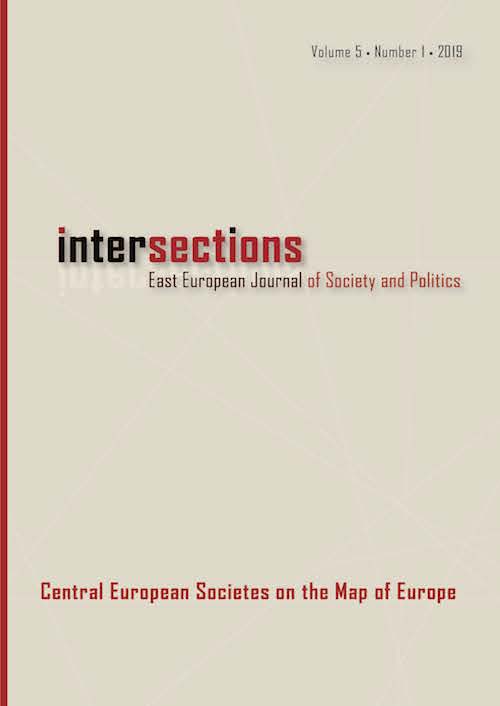Different Types of Solidarity in Times of Crises
Different Types of Solidarity in Times of Crises
A Changing European Landscape
Author(s): István Grajczjár, Zsófia Nagy, Antal ÖrkénySubject(s): Migration Studies
Published by: MTA Társadalomtudományi Kutatóközpont Kisebbsegkutató Intézet
Keywords: solidarity; ESS; crisis; Austria; Hungary; political attitudes
Summary/Abstract: The aim of this paper is to map and contrast recent developments in attitudes towards different types of solidarity in Austria and Hungary. The context of the paper is that the economic and the so-called ‘refugee’ crisis and its social and political consequences have fundamentally affected European attitudes towards solidarity. Such times of crisis are often seen as providing ample opportunities for the populist radical right to prosper. Nevertheless, the above developments do not necessarily mean a weakening of solidarity as its forms may change and its meanings become contested. Based on a comparison of Austrian and Hungarian results of the ESS round 8 (2016) the article – with the help of k-means cluster and multinomial logistic regression analyses – examines what solidarity positions can be observed and contrasted and how they may be linked step-by-step to 1) objective socio-demographic variables, 2) subjective perceptions at the micro-level (like social trust, well-being, and feelings of insecurity), 3) subjective perceptions at the macro-level (like institutional and political trust, attachment to country and the EU), moreover 4) to different values and attitudes like xenophobia, homophobia, conformism or statism on the one hand, and, 5) to political orientations and voting intentions on the other.
Journal: Intersections. East European Journal of Society and Politics
- Issue Year: 5/2019
- Issue No: 1
- Page Range: 118-142
- Page Count: 25
- Language: English

